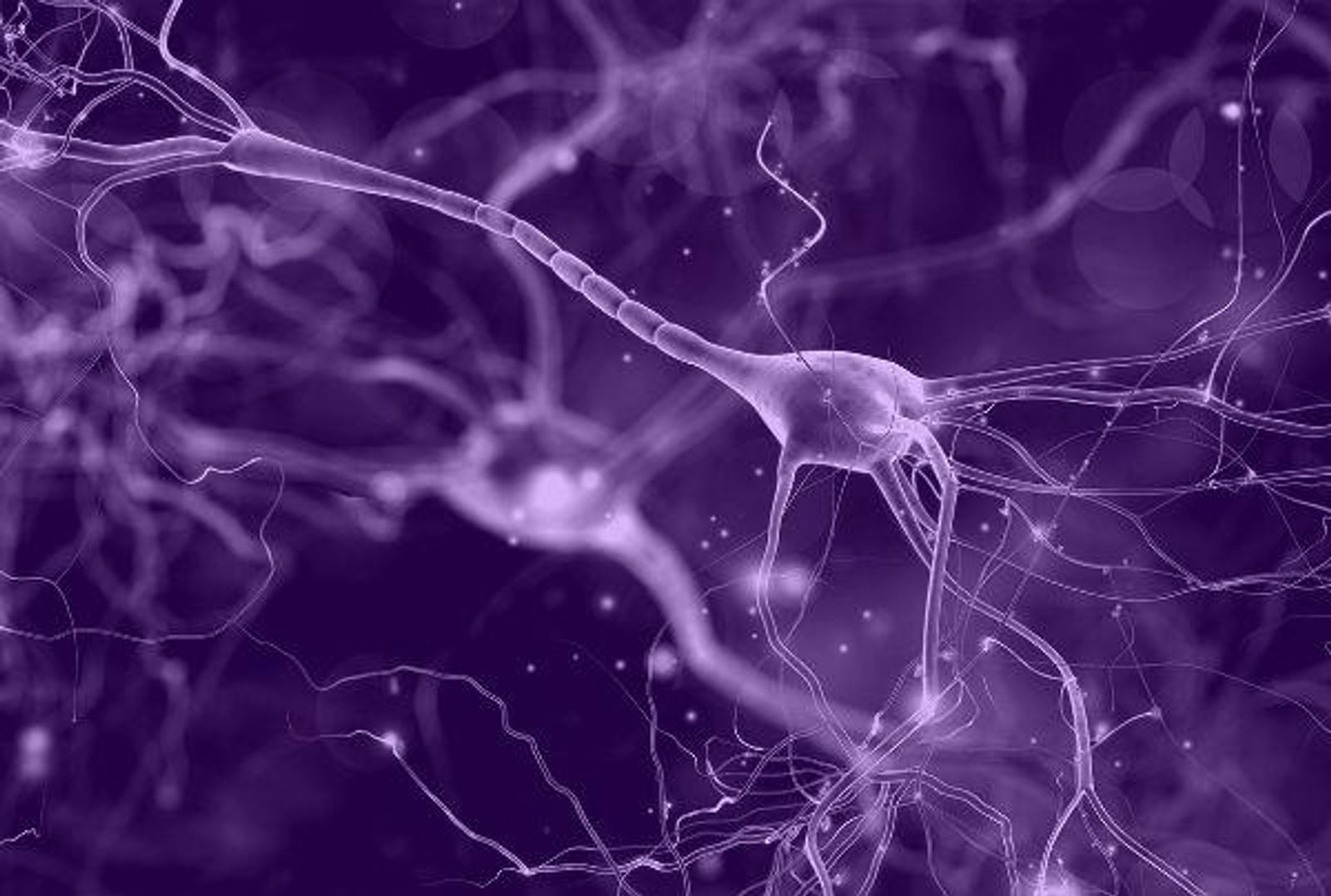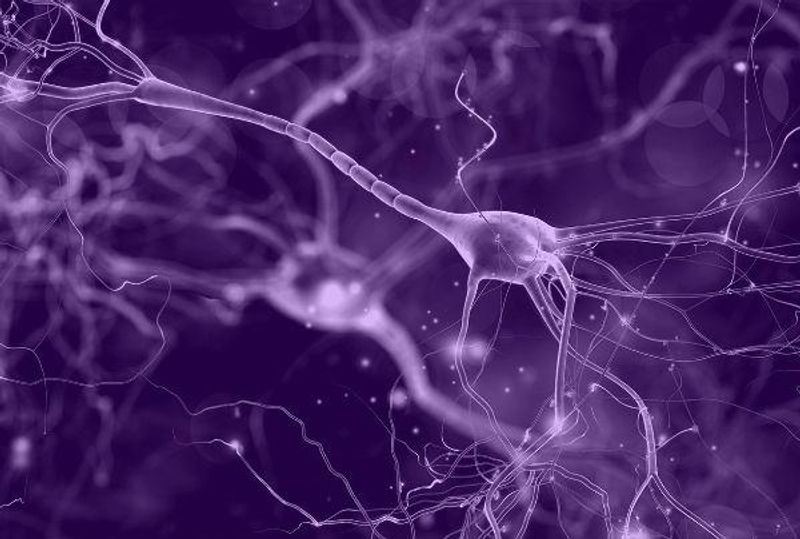
People living with neurological disorders need new high-efficacy treatment options that help to address their unmet needs. Through research and scientific innovation, we are committed to breaking barriers in the neurological space.

Erik Wallstroem
Global Head of Neurology Development
Did You Know
1/3
of people are affected by neurological disorders, which are now the leading cause of ill health and disability worldwide.1
~2.9 million
people worldwide are estimated to live with multiple sclerosis (MS).2
30%
of people living with CIDP do not respond to standard treatments.3

Our Commitment to Neurology
Since 2012, our goal has been to improve the lives of people with serious neuro-inflammatory and neuro-degenerative diseases. We are testing the bounds of clinical possibility to research therapies that may address multiple sclerosis (MS), chronic inflammatory demyelinating polyneuropathy (CIDP), Alzheimer’s Disease (AD), Parkinson’s disease (PD), Age-Related Macular Degeneration (AMD) and other neurological diseases for the people who need them most.

Our Neurology Focus
By embracing the challenges seen in neurological diseases, we’re working to advance care, extending our leadership in immunoscience to help address areas of unmet need in neurodegeneration and neuroinflammation. Through our innovative partnerships and technologies, we strive to decrease the burden of neurological diseases on people and society.
Our neuroimmunology programs are built on a strong foundation of long-term partnerships with patients, physicians, advocates and researchers. Our goal is to slow or even halt neurodegeneration in MS, CIDP, AD, PD, AMD and other neurological diseases.

What’s Next in Neurology?
For almost two decades, we’ve worked relentlessly to deliver disease-modifying therapies for MS with distinct indications and mechanisms of action.4
We’re building on the success of our medicines, used to treat MS patients in more than 80 countries, and our foundation as a leading immunology company, to research and design therapies with “best-in-class” potential. By uncovering the biology behind neuroinflammatory disease, we may be able to unlock therapies that address the diseases with the greatest unmet need.
More About Neurology

Neurology Research and Development

Neuroimmunology Unlocks the Mysteries of the Brain

Why Smoldering Neuroinflammation Must Be Part of the Discussion to Improve Care in Multiple Sclerosis
References
- GBD 2021 Nervous System Disorders Collaborators. (2021). Global, regional and national burden of disorders affecting the nervous system, 1990–2021: a systematic analysis for the Global Burden of Disease Study 2021. Lancet Neurology P344-381; DOI: https://doi.org/10.1016/S1474-4422(24)00038-3
- Multiple Sclerosis International Federation (2023). Atlas of MS. Accessed July 2023
- National Organization for Rare Disorders, Inc. Chronic inflammatory demyelinating polyneuropathy. Available at: https://rarediseases.org/rare-diseases/chronic-inflammatory-demyelinating-polyneuropathy/
- See Aubagio (teriflunomide) Summary of Product Characteristics, May 2021; Lemtrada (alemtuzumab) Summary of Product Characteristics, August 2021; and Cohen JA, et al. (2012) Lancet 380:1819-28; DOI: 10.1016/S0140-6736(12)61769-3
Page updated September 2024